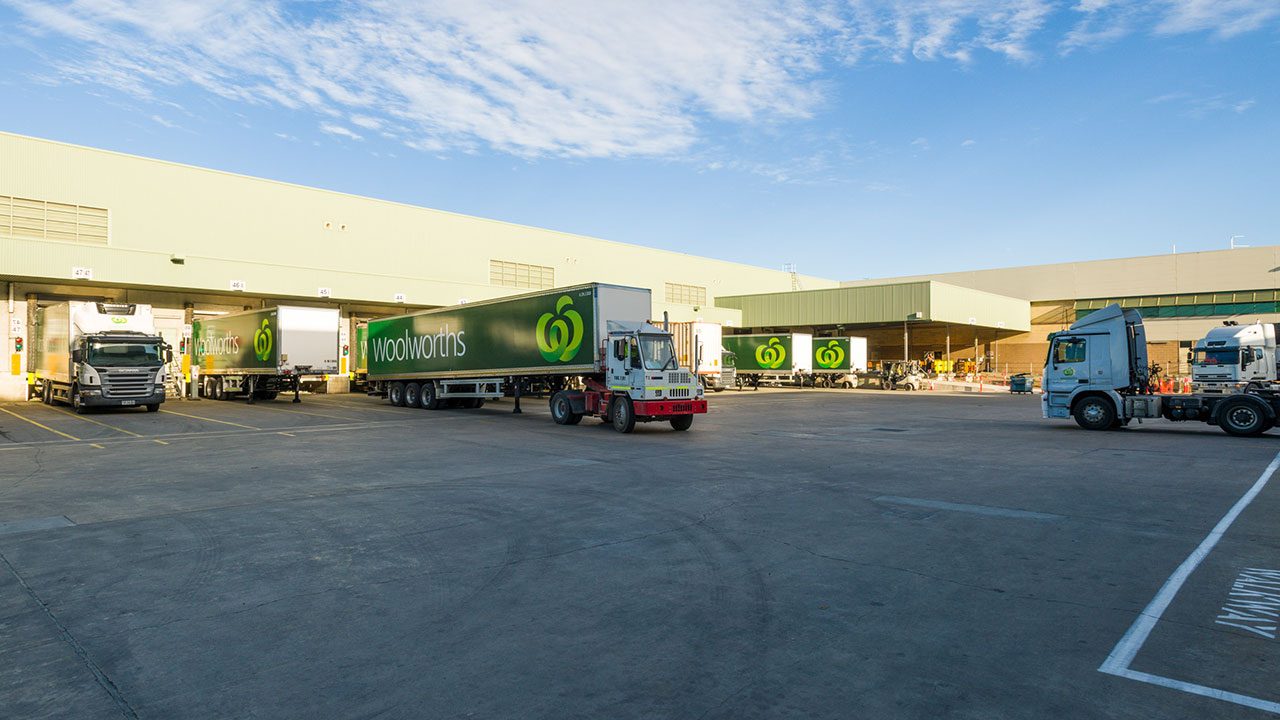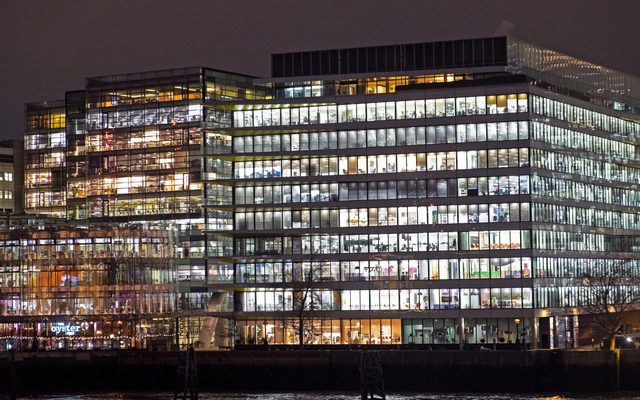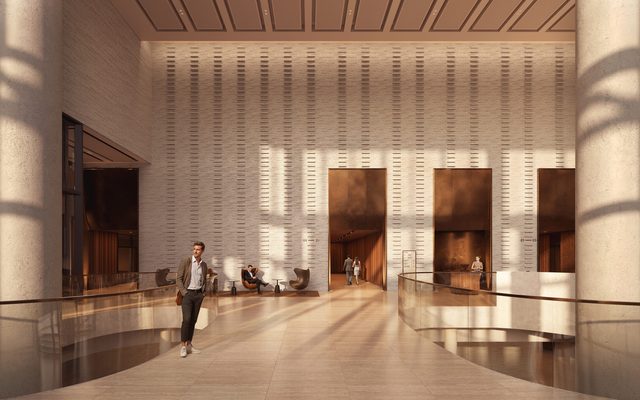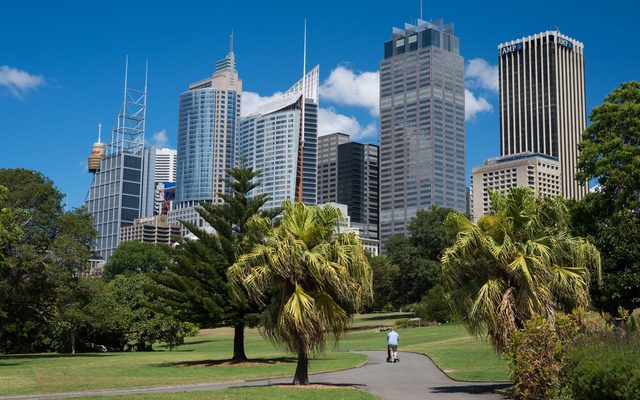This article is from the Australian Property Journal archive
GROWTHPOINT (ASX: GOZ) has reinstated full year funds from operations guidance after a first half in which the pandemic’s impact on the office and industrial landlord was “immaterial”.
The group posted first half FFO of 12.7 cents per security, up 0.8% on the prior corresponding period. Distributions of 10.0 cps were 15.3% lower, which the group said reflected its decision to maintain a more conservative payout ratio going forward.
Statutory profit after was up slightly to $205.8 million.
Growthpoint yesterday issued FFO guidance of 25.2 to 25.5 cps, just below last year’s 25.6 cps, and reaffirmed its distribution guidance of 20.0 cps.
Managing director, Timothy Collyer said the business is now looking beyond the current period and considering opportunities such as property acquisitions and entering into funds management. The group has sought to assemble a portfolio of metropolitan office and industrial properties, with long leases to predominately large organisations and government tenants.
Rent collections remained above 99%, and only $600,000 in rent relief was granted over the period. Net property income was down 3.3% to $117.4 million, and down 1.7% on a like-for-like basis.
The value of the group’s office portfolio increased to $3.0 billion, from $2.9 billion at the end of June, primarily driven by strong valuation gains for assets with long leases in place. A major lease extension for the NSW Police Force headquarters led to 1 Charles Street in Parramatta increasing in value by $51.0 million, or 12%, while Botanicca 3 in Melbourne’s Richmond increased by $19.5 million, or 14%, after Bunnings committed to lease 71% of the speculatively-built complex.
External valuers valued 29 properties, or approximately 49% of its property portfolio by value as at 31st December, with remaining valuations undertaken internally. The value of the entire portfolio lifted 3.2% on a like-for-like basis from the end of June to $4.3 billion.
Weighted average capitalisation rate was 5.5%, down 18 basis points on the end of June, and weighted average lease expiry was steady at 6.2 years. Portfolio occupancy increased over the six months from 93% to 95%.
Excluding the divestment of 120 Northcorp Boulevard in northern Melbourne, the value of its industrial property portfolio increased by 3.9%, driven by domestic and institutional investor demand.
“Growthpoint has delivered strong results this half. While the COVID-19 pandemic continues to have a profound impact on individuals and businesses around the world, the direct impact on our business to date has been relatively immaterial,” Collyer said.
“The pandemic has highlighted the resilient nature of our property portfolio and strong tenant base.”
As part of its capital management strategy, Growthpoint plans to initiate an on-market securities buyback program, for up to 2.5% of its issued capital and running over 12 months from mid-March.




